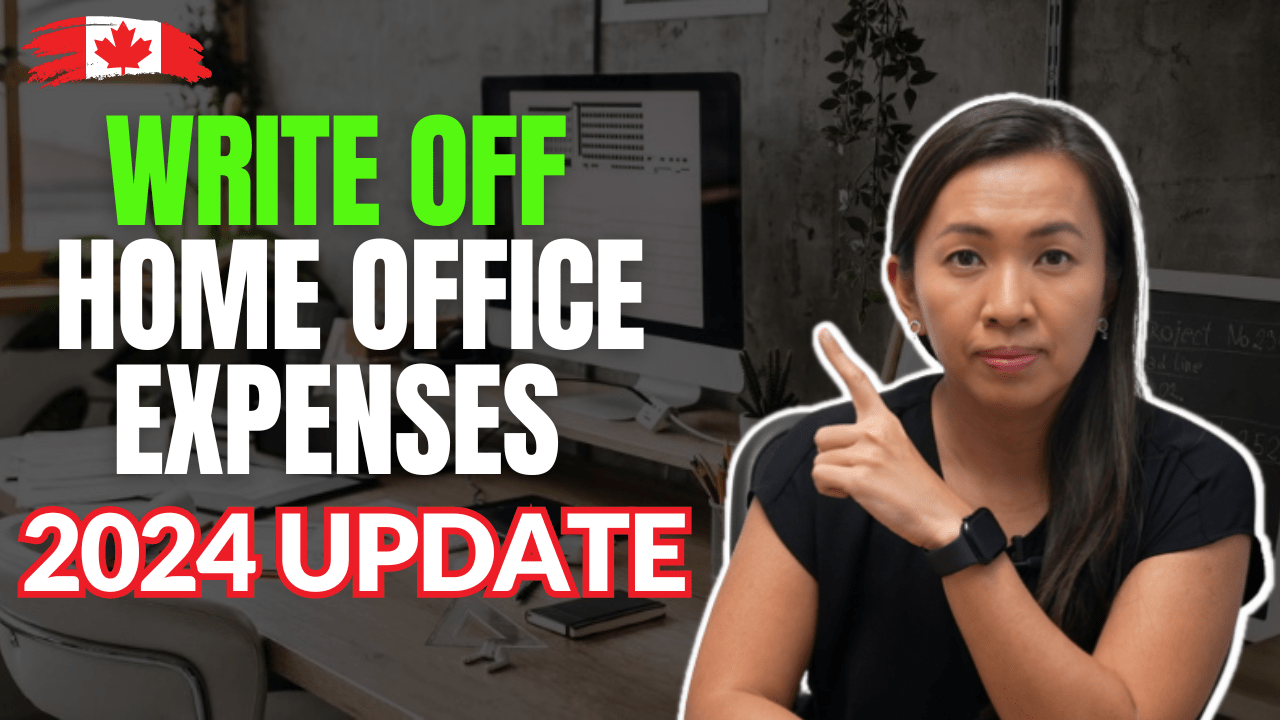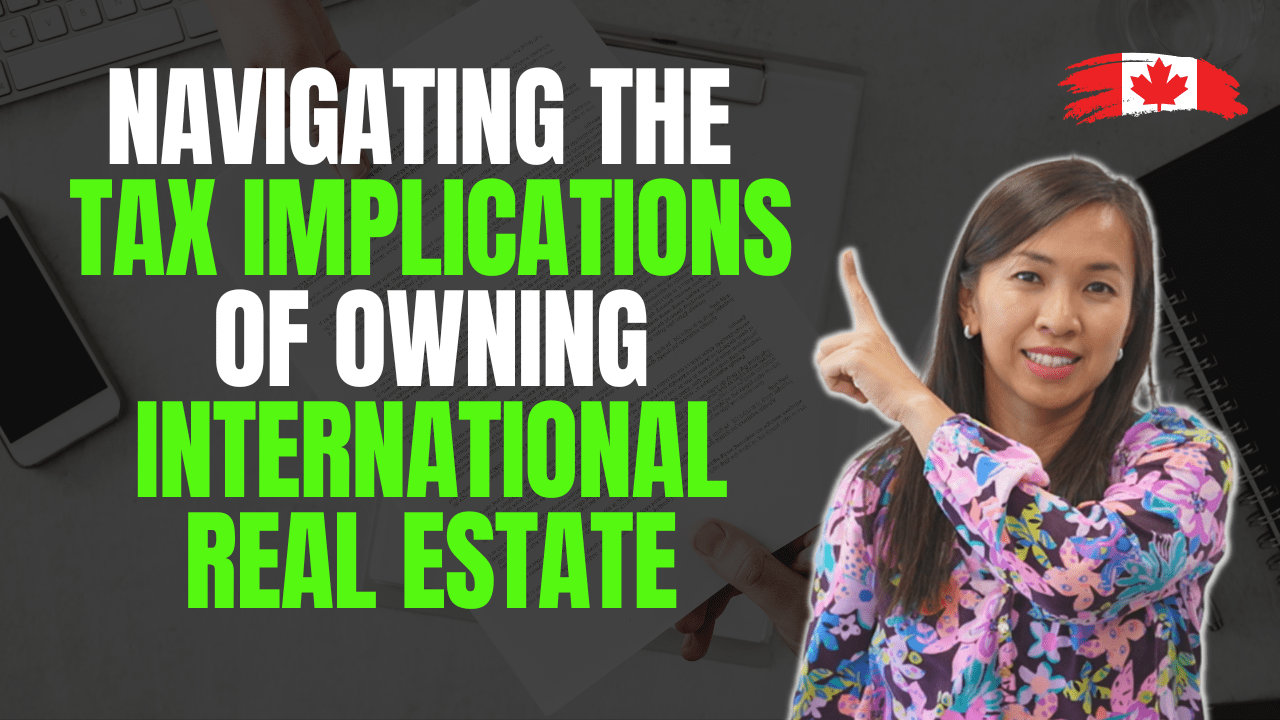I’m a real estate investor and an entrepreneur.
For each property/business I’m in, there’s always a setup period. Some are longer than the other.
I was making less than 5 figures for the first 2 to 3 years. I was making all the amateur mistakes you could think of and my business is supposed to be simple and straightforward.
I’m still in the building phrase for both my real estate portfolio and my accounting practice, but I’ve learned a few lessons throughout these years.
My time isn’t free, and yours aren’t free too!
My biggest mistake was to think that my time was free.
I started off as a solopreneur. It was me and a part-time employee who helped me scheduling appointments. I was responsible for pricing, marketing, sales, client acquisition, file completion, client meeting and ongoing client service.
When I decided to start my accounting practice, my goal was to create freedom and flexibility so I could have more time to spend with my kids.
This means making necessary arrangement including hiring a live-in nanny.
On top of the salary I gave up if I were to have a job, I also have an additional cost of paying my nanny.
That’s a lot of money!
I didn’t recognize that in the early days.
I offered a free consultation to get new business. I would agree to go on evening and weekend meetings every week to accommodate these potential prospects’ requests. This caused quite a bit of stress on my family.
I didn’t value my time enough. I thought to myself, “I could always work in the evenings and weekend.”
Because I didn’t value my time enough, some of these prospects also didn’t value my time.
If you have done high school economics, you would have come across the term called “opportunity cost”.
Opportunity cost is defined as what you would otherwise give up if you choose to go with the current.
The opportunity cost of starting my own practice is the pleasure I get from spending time with my kids. It can also be the salary I would otherwise get from working for someone else full time.
To avoid this problem, Tim Ferris, author of the New York Time Best Seller 4 Hour Work week suggested that we should put a dollar value on our time.
It can be an arbitrary number. For me, I applied a rate that’s equivalent to what I would otherwise make as an employee as my hourly rate.
I got a rough hourly rate calculation from 4 Hour Work Week.
If you make $100K, your hourly rate is $50. If you make $200K, your hourly rate is roughly $100. It’s not a perfect calculation but it’s a good starting point.
This means, if you choose to paint your rental properties yourself for 2 weeks 8 hours a day and 5 days a week, instead of paying someone else $2,500 for the job, the cost of you doing it yourself is 2 weeks x 8 hours x 5 days x your hourly rate. If your hourly rate is $50, this paint job costs you $4K plus materials.
This hasn’t taken into account the fact that you may not be as good a painter as these professionals. The quality of work may not even be as good.
This also means, if you choose not to hire a property manager, you’re the one answering all the phone calls and emails about the broken furnace and leaky sinks. If you’re planning on having multiple properties, these calls and emails can get very overwhelming quite quickly so hiring a property manager can split the workload and keep on top of tenant’s woes and the properties.
How much money are you giving up to service these tenants’ call?
Time is finite. Money isn’t.
Even if you want to start by doing everything yourself, make sure you budget for “the replacement cost” of whatever you’re doing.
If you’re doing the bookkeeping yourself, make sure you budget for what a bookkeeper would cost you.
Being a true entrepreneur and/or passive investor means that your business should be able to afford someone to do the jobs you’re covering.
Hiring too quick and firing too slow
When I got overwhelmed, I finally made the move to hire my first employee in the practice.
I didn’t follow any system and process, I hired pretty much anyone that came along.
I also didn’t spend much time training these people. I was way too busy chasing prospects.
They didn’t get the training that they deserved, as a result, they didn’t perform at the level that I had hoped for.
Bad cycle continued. I got busier, and they performed even worse. I tried harder, recording training videos, giving them checklists and time. Still weren’t performing.
One employee simply refused to watch these videos.
I never thought that people would refuse to learn. I thought that everyone would love to learn new technologies that make their lives easier, but I was wrong.
It simply wasn’t a good fit. Nothing’s wrong from their end. It just wasn’t a good fit.
Same in real estate.
Joanne, my partner, can tell you about her not-so-good personal stories with her contractor.
If you hire a contractor and it isn’t working out, maybe this contractor just isn’t a good fit. Maybe the contractor simply isn’t experienced in legalizing basement suites.
Cut your ties early and move on.
Do your own due diligence and reference check beforehand.
If you have done all your homework and it still didn’t work, it may really be an unfortunate event.
At least you give it 100% and did everything in your power to prevent the problem.
Now, I follow a system to hire my employee including personality profiling.
And now, I am willing to pay more for a reliable contractor that has relevant experience to complete my basement renovation on time. (Sometimes, it just isn’t about $$$)
I would much rather spend more money and have the peace of mind that my basement wall system will be fully waterproofed and I won’t need to worry about water damage issues. If I go for the cheaper option, it could lead to big disruption further down the line.
Remember, time is money!
Playing into your strength, rather than overcoming your weakness.
I discussed the importance of having systems and processes in last week’s blog post.
I also mentioned earlier how important it is to find the “right fit” for your team.
In my practice, this involves doing a personality profile. I’ve done the same personality profile as well.
From the personality analysis, I recognized that I ain’t the person who could do well with system design and processes.
My best strength is sales and marketing.
I made the mistake to be everything for everyone. And I just couldn’t bring myself to finish the system documentation and processes.
I got lucky. I got people on my team that is so good with systems and processes. We now got binders of workflow documentation, email templates, and procedures. Some of them even introduced me to several email marketing services like ConvertKit (you can read its review https://serp.co/reviews/convertkit/) that are great for sending email newsletters to encourage leads to make contact and hire you to buy or sell a property.
They’re not perfect. No workflow design and documentation start off as perfect. But we’re on to something.
For that, I’m grateful I’ve found them to design the system.
What’s your strength?
Maybe it is networking to find deals. If you can make $50K each time you find a good deal, is it worth it to be your own bookkeeper recording all receipts?
Maybe your strength is to get the maximum amount of rent from prospective tenants. That’s a skill set, trust me. I’ve seen one of my clients consistently getting above average rent for properties still under significant renovation. Is it worth your time to mow the lawn every week?
Thanks for reading!
Until next time, happy Canadian Real Estate Investing.
Cherry Chan, CPA, CA
Your Real Estate Accountant






Stormy
Appreciate you posting this awsome post on your site!
I am a long time reader of the Posts but I never been compelled to leave a comment!
Good writing! Thanks again for a great post!